It’s been a year since we launched our Patreon site on Earth Day 2020. “Esperanza is the Antidote,” it was called, and it was launched in the early weeks of the Covid-19 pandemic with a campaign to support our special hope-based approach to journalism.
It was not a good time for a campaign of this sort, we worried, with so many fears and uncertainties and hardships all around. But we hoped our society would see the pandemic as a sort of wake-up call to reimagine a new and better way of living in balance with the natural world. And to an extent, it has — and we have been a part of that.
People were quick to see the need for our style of Journalism for a Regenerative Future, and we were gratified by the outpouring of support. We continue to be grateful. A steady number of Esperanza Project Patrons are pitching in monthly to help us keep the lights on. We believe that’s because in these times of change, stories of hope and inspiration – proof that there are still ordinary folks from all walks of life who are out there working for a better world – can be a catalyst for change closer to home. Which is what we are sharing with you – from the frontlines of the water protector movement, indigenous rights, environmental justice and human rights movements, the stories of the people who are making change happen.
As you know, we don’t have advertisers on our site. We don’t charge you for content. And we don’t place links in strategic spots in the stories you read to lure you to advertisers’ pages. We try to give you an elegant, compelling, beautiful read with stories that nobody else is telling. That’s why we’re asking you now to take a few moments to help support this important work by joining our Patreon and pitching in a little bit each month. Esperanza Project Patrons who pitch in the price of a cup of coffee per week form the backbone of this community. You can also pitch in on a one-time basis at our PayPal, HERE, and I’ll personally email you my gratitude no matter the amount. I know that whatever the amount, it’s heartfelt.
In exchange, we’ll share with you exclusive content, sneak previews of upcoming work and glimpses at the stories behind the stories. Coming up very soon: Previews and outtakes of the powerful transmedia series, Cosmology & Pandemic: What We Can Learn from the Indigenous Response to the Current Health Crisis. With support from the Pulitzer Center on Crisis Reporting and The One Foundation, and with more than 20 different indigenous communities in six countries, we are gleaning fascinating inside stories, deep wisdom and practical, hands-on information to share with the readers of Mongabay — and, of course, The Esperanza Project.
It’s been a year filled with tragedies and triumphs. We witnessed epic climate disasters around the world, from California and Colorado and Texas to the Amazon and Australia and Indonesia — and at the same time, we saw record growth in the climate movement, and we voted in a new president who is already back in the game in the fight against runaway climate catastrophe — and much more.
Meanwhile the water protector movement, one of the most visible manifestations of that fight for a liveable climate, is making strong gains as it battles the “Black Snake” — the ever-expanding network of oil pipelines in a time at a time when we should be pulling back on fossil fuel infrastructure and investing in renewable alternatives.
We lost a beloved leader in the water protector movement, LaDonna Brave Bull Allard of the Standing Rock Sioux Tribe. Her premature passing at 64 was a hard blow for the thousands who loved her, but the work inspired by the Standing Rock movement that she founded is growing strong and has seen a number of advances throughout the year.
Prior to LaDonna’s passing, as our Indian Country correspondent Talli Nauman writes, she heard a contingent of youth activists from the Standing Rock Youth Council “still standing and fighting in the protection of water rights outside her door — with a message of love and never giving up,” the council affirmed. “We must continue to fight and stand in her memory.”
We teamed up with filmmaker Clement Guerra to co-sponsor the Latin America Bilingual Premiere of The Condor & The Eagle, an epic climate justice film that featured a roundtable discussion with four powerful indigenous women water and land defenders, drawing more than 6,000 people to our live feeds in dozens of countries.
And we teamed up with Susana Valadez of the Huichol Center to do a one-of-a-kind “Zoom into the Huichol Center” virtual tour and talk with the center’s staff.
And then, in the self-care department, we co-hosted a series on Inner Ecology with psychologist and permaculturist Maria Ros.
On the immigrant rights front, we saw more than 2,000 asylum seekers — many of whom had waited more than a year in a refugee camp on the Mexican border — finally released from the cruel limbo of Trump’s Remain in Mexico policy into the care of their waiting loved ones in the US. Immigration writer and author Sarah Towle narrates the harrowing story of the closing of the Matamoros camp — along with that of brothers Melvin and Enrique — in the fourth of her “Survivor Stories” series, part of her powerful writing on the subject for her upcoming book, The First Solution: Tales of Humanity from the Manufactured US Border Crisis.
We saw Indigenous people across the continent among the hardest hit by the pandemic, fighting back with resilience and courage. We will be sharing more about this very soon as a part of our Cosmology & Pandemic series; here we share our top story of the past 12 months on the subject, also by Talli Nauman with Justine Anderson:
And then there were the Lakota grandmothers fighting the man camps in the middle of the pandemic – another Talli Nauman special:
In the highlands of Oaxaca, we caught up with a remarkable team that is spinning a lifeline in Zapotec lands with a Gandhian farm-to-garment operation that restores dignity and decent livelihoods to its producers.
We could go on and on… it’s been an incredible year. But we will end in the sacred Black Hills, where the LandBack movement switched into high gear at Mount Rushmore with the visit of Trump:
And finally, we can do no better than to circle back to our beloved LaDonna Brave Bull Allard, Tamakawastewin, Good Earth Woman, to share some of her thoughts from the Sovereign Sisters Gathering. Thank you for reading. Thank you for caring. Happy Earth Day. And join us on Patreon!
LaDonna: Can you imagine what would happen if everyone on the planet would just take the initiative to plant? Just to throw seeds – that doesn’t mean dig it up, plow it up; that means, put a seed down. We would have enough food to feed the world. We have enough resources for everybody on this planet right now, we just have a small percentage of people who are holding the resources; and we need to learn compassion and sharing and all of these things. For me, Standing Rock was nothing more than a seed that is spreading across the world.
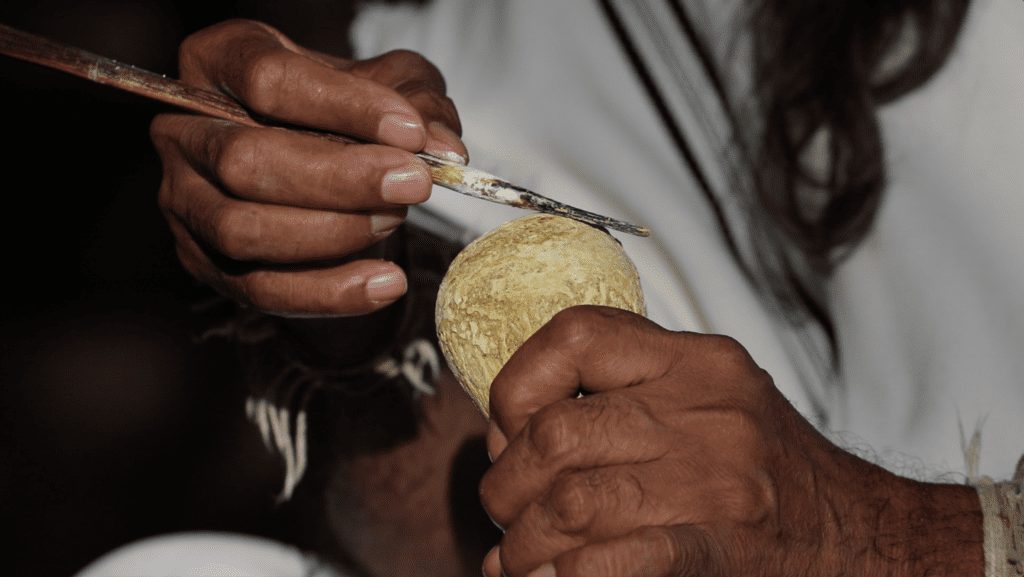
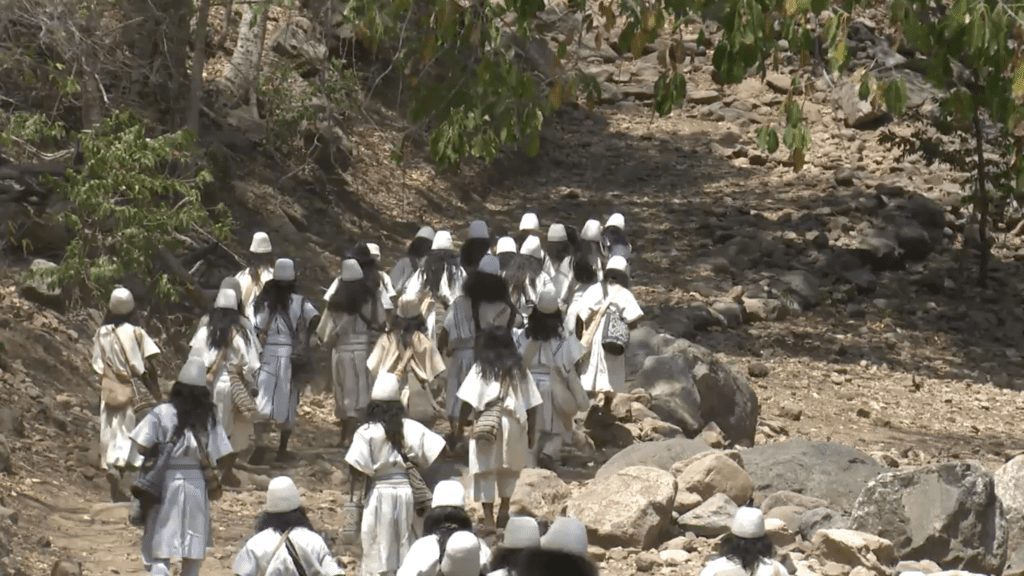
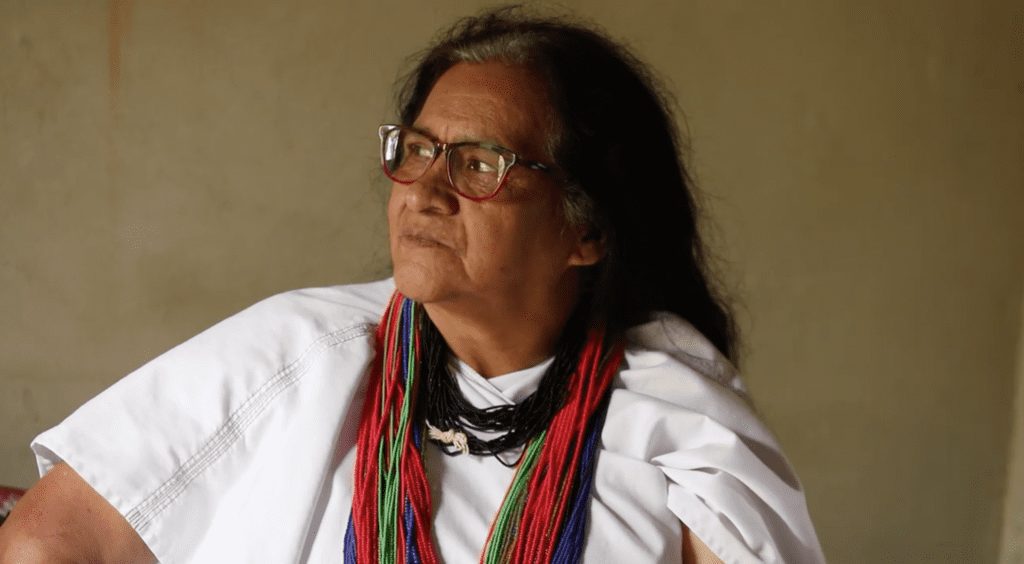
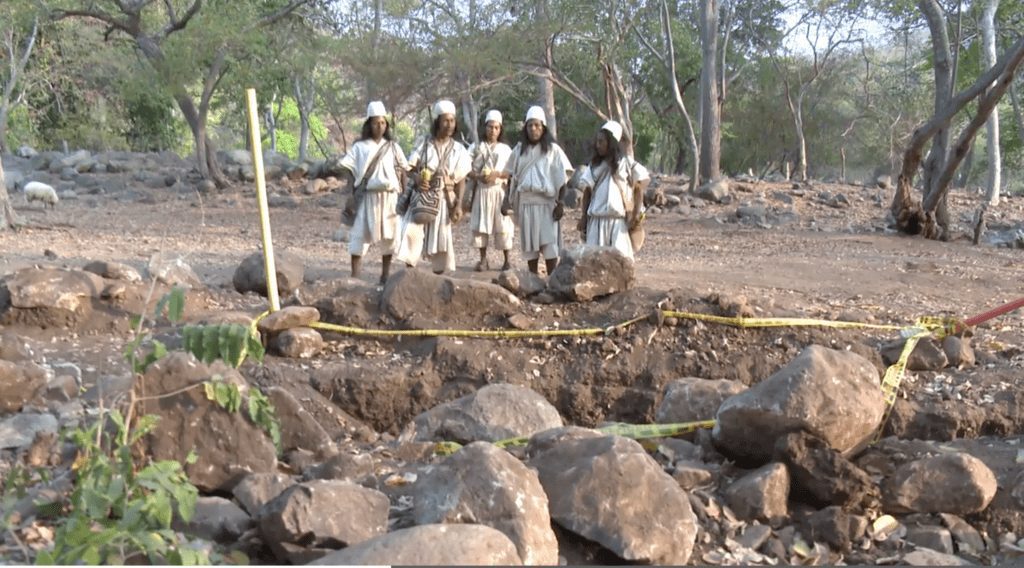
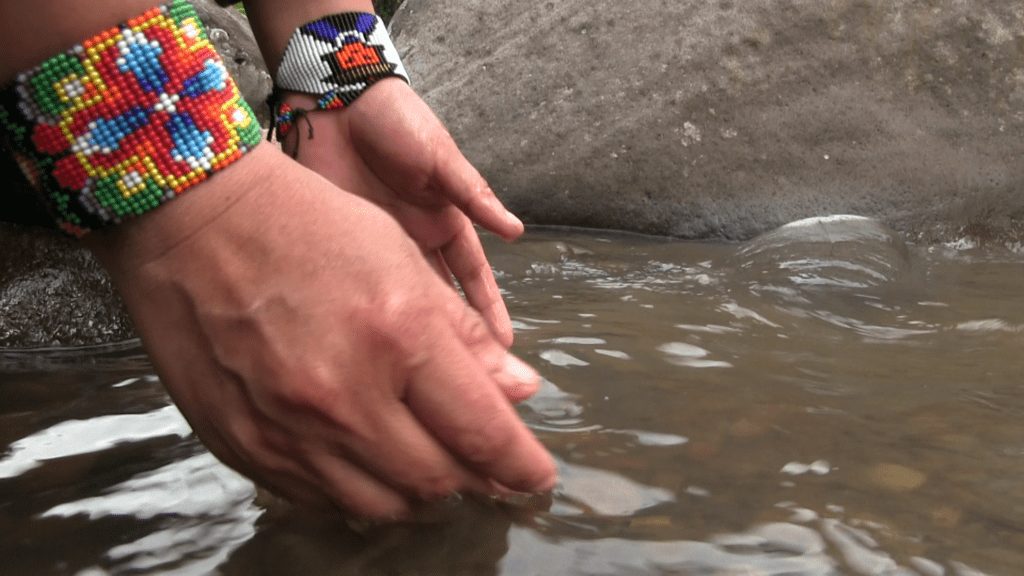
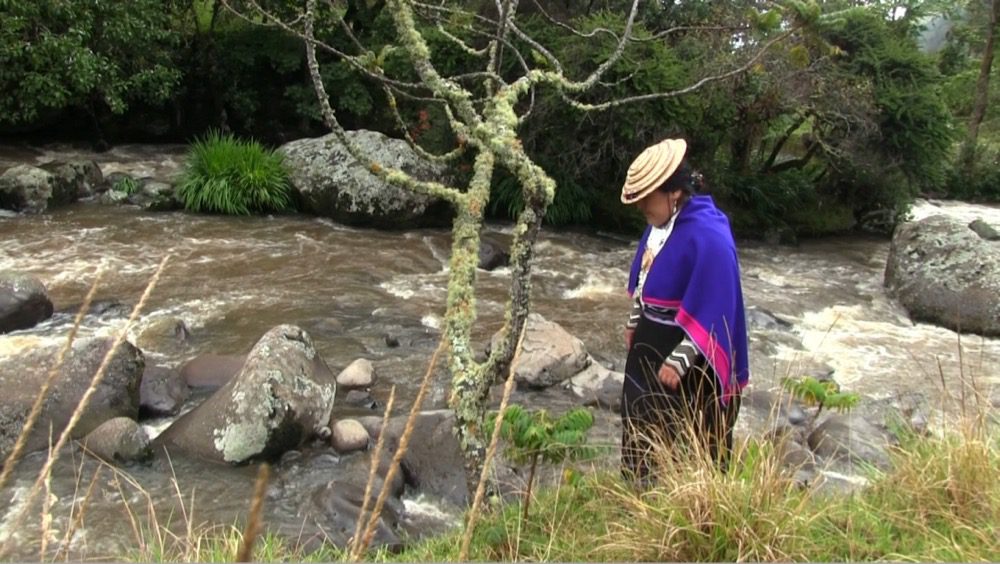
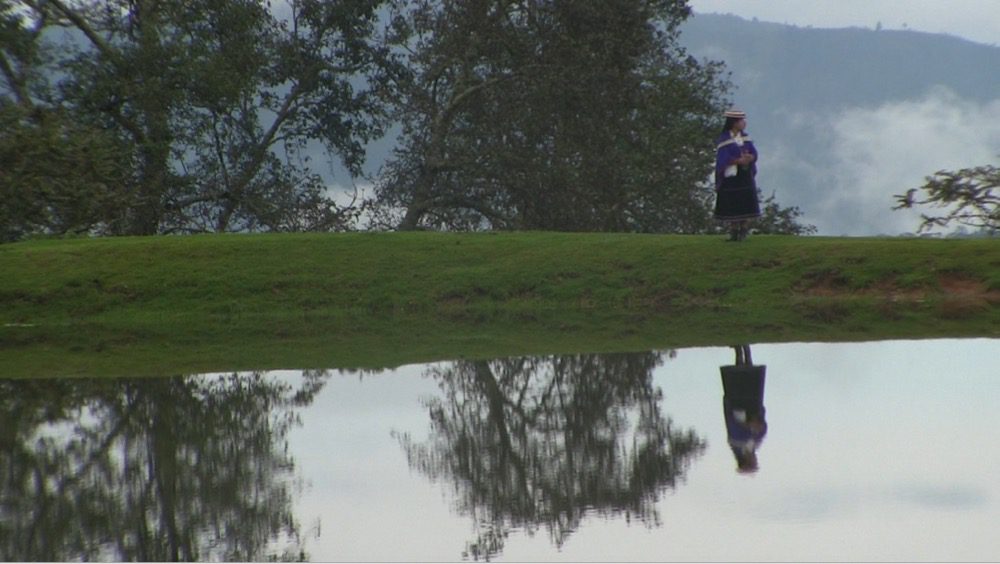
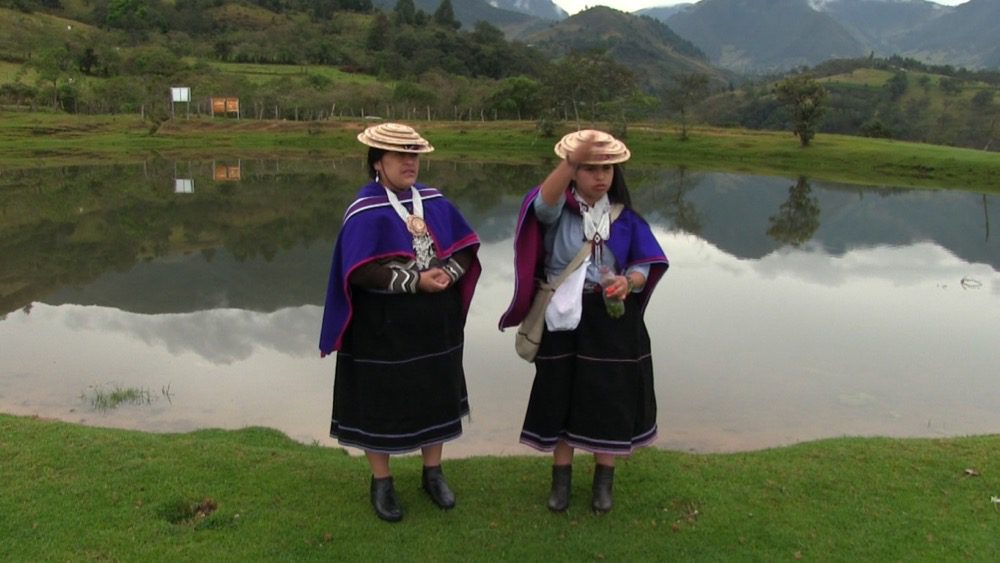
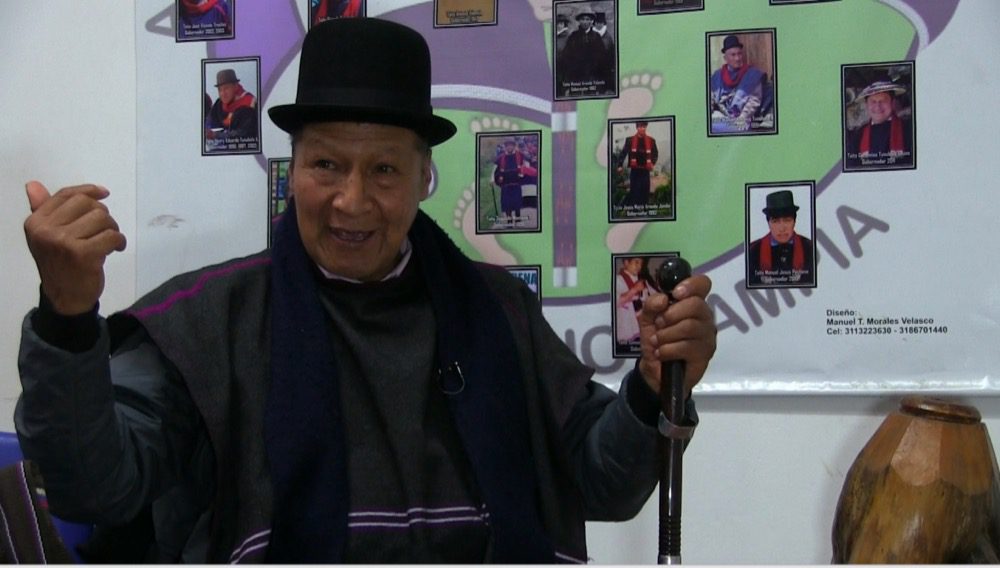
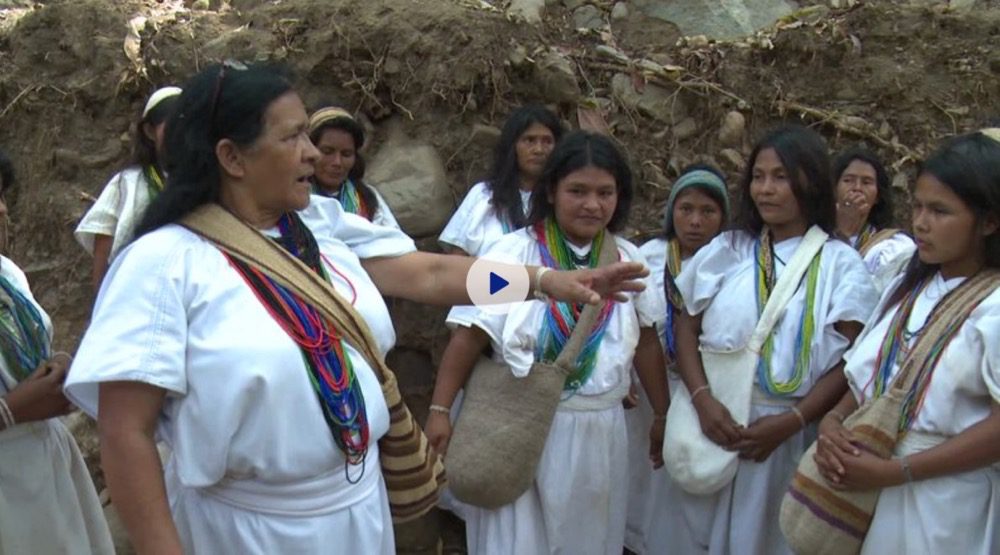
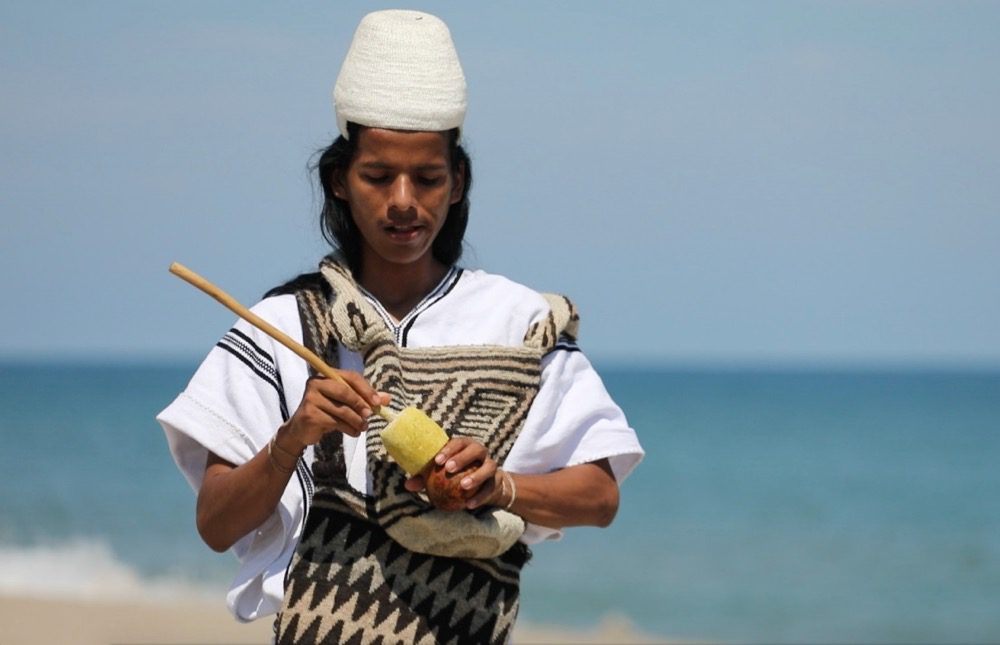
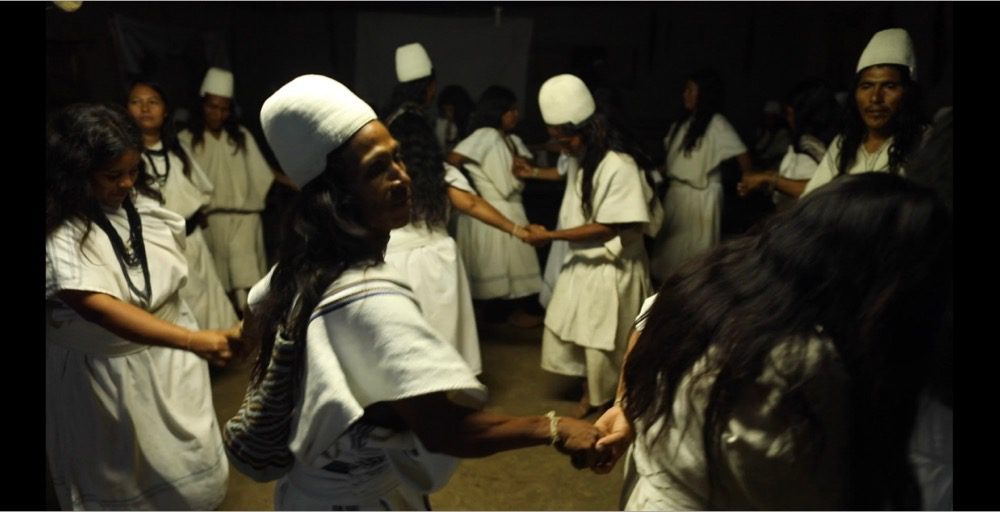
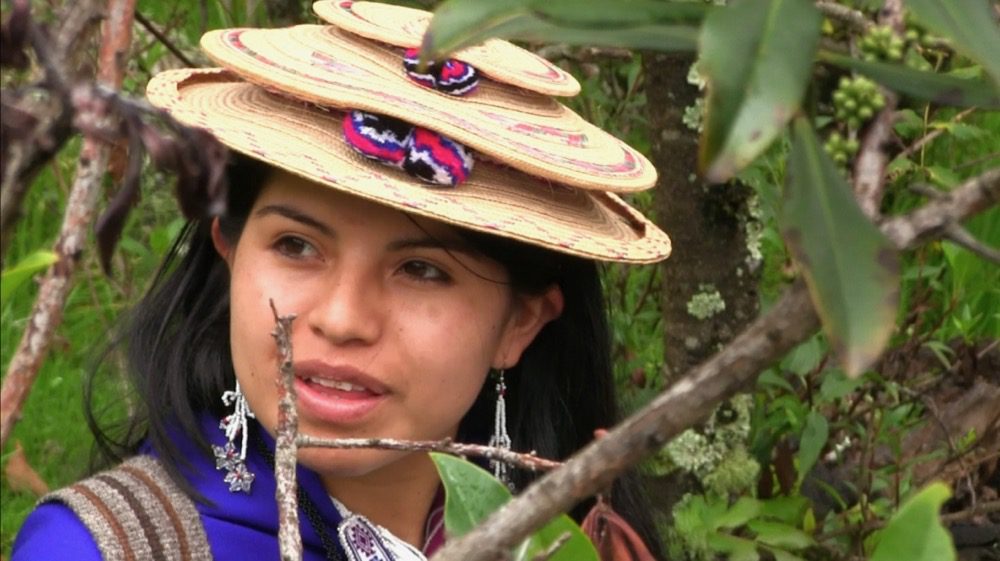

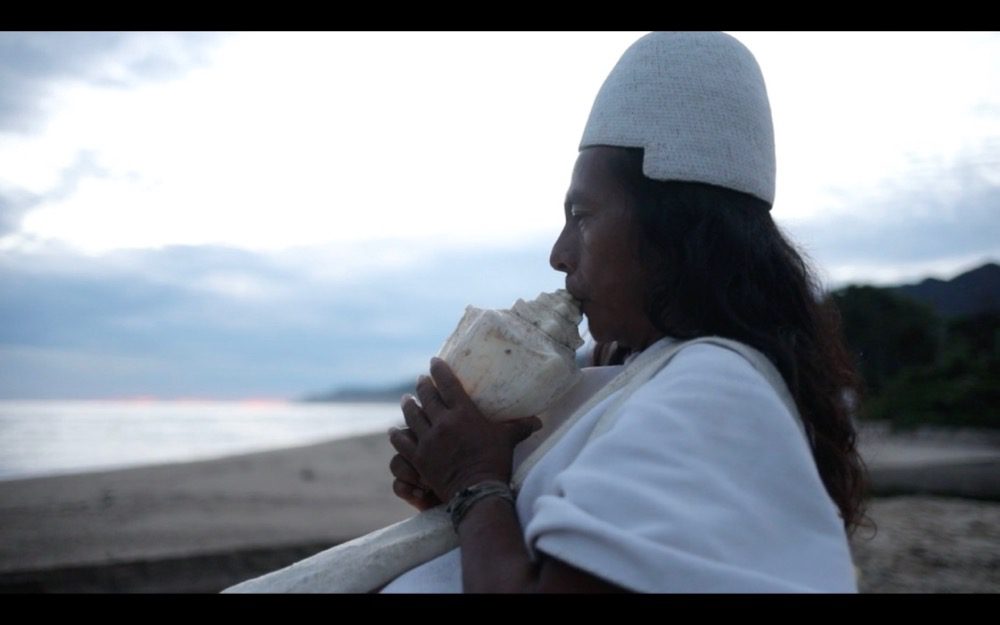
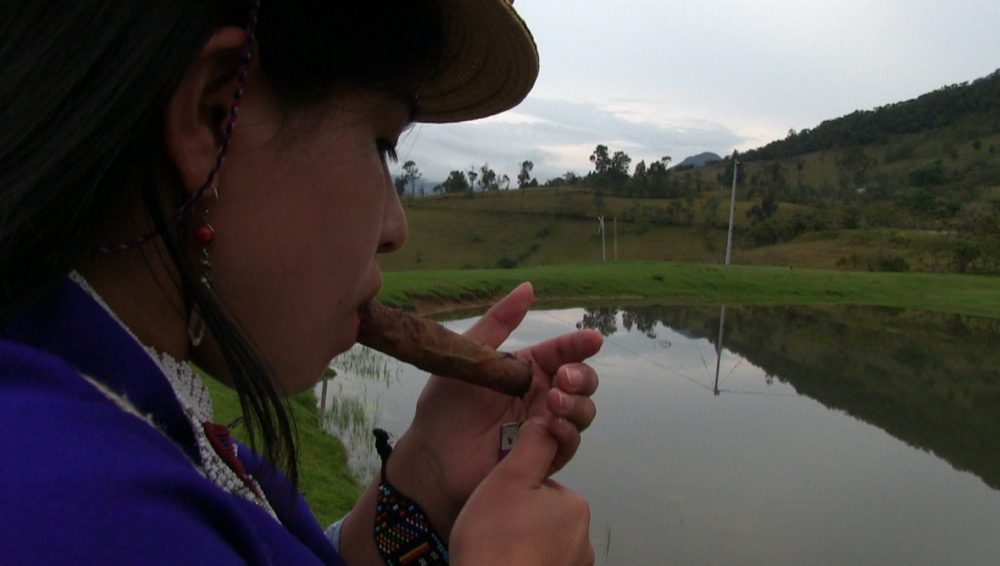
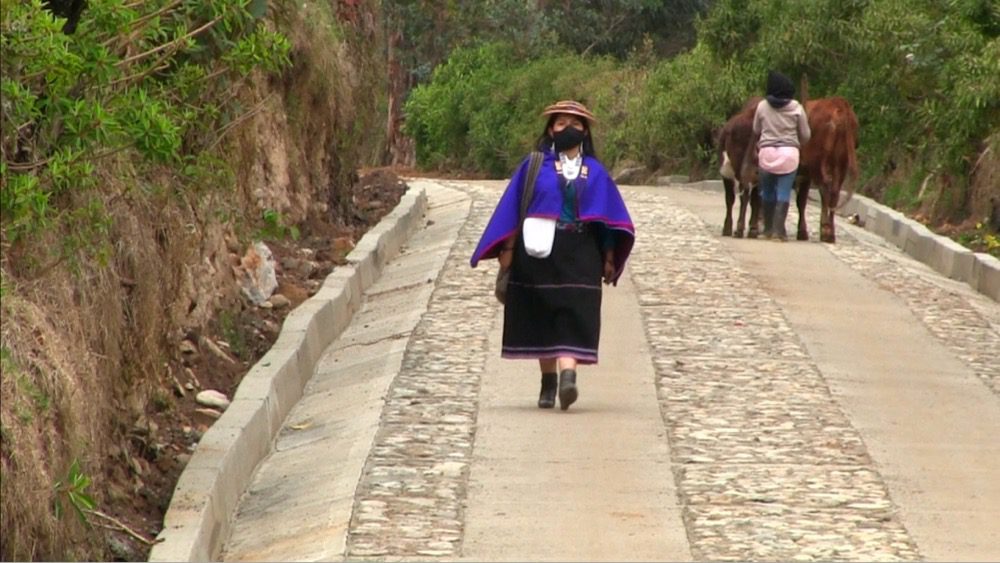
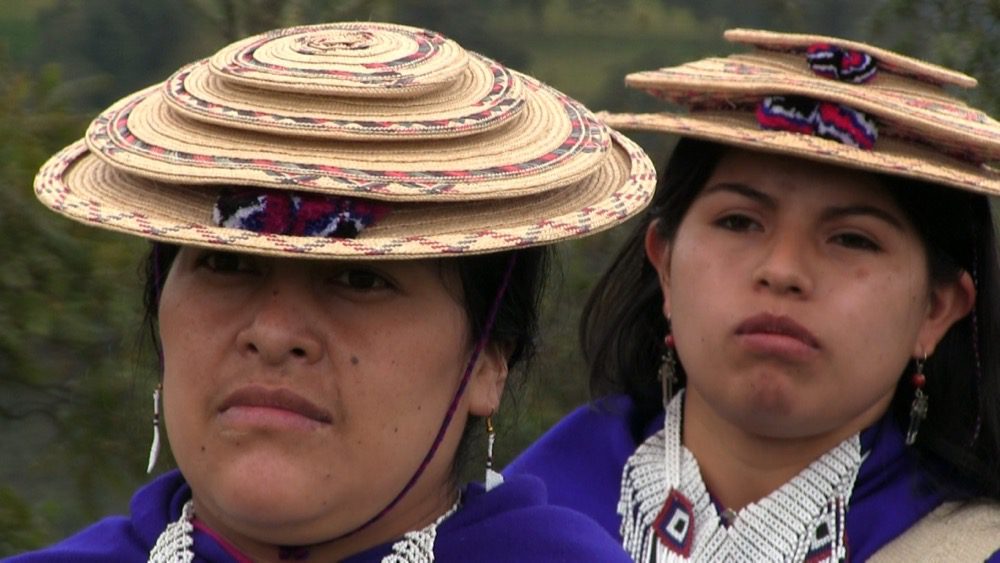
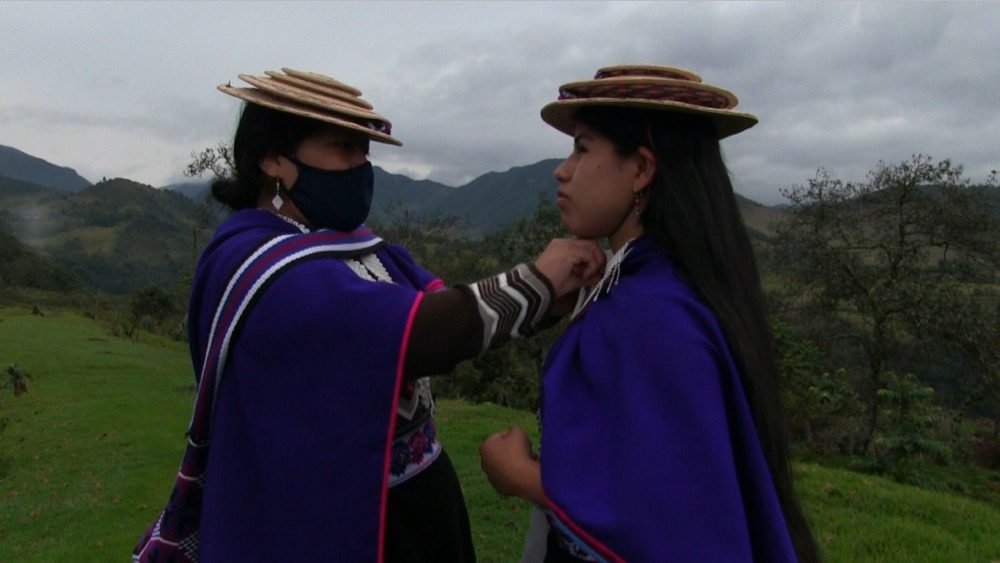
Yes, indeed, it has been a BIG year! Shedding light! Please join in the project at https://www.patreon.com/esperanzaproject